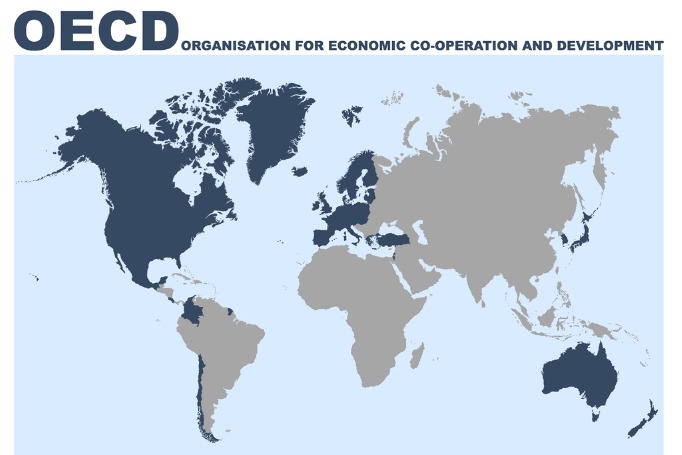News

EVENTS
Identifying Companies Leading the Transition to Circular Economy

WORKING PAPERS
Dynamic, incentive-compatible contracting for health services
This paper aims to characterise a dynamic, incentive-compatible contract for the provision of health services in Italy

JOURNAL ARTICLES
The European Economic Transition before, during, and after the Pandemic through the War in Ukraine
This article employs a qualitative and quantitative analysis of the economic policies implemented by the European Union to manage the shocks generated by the COVID-19 pandemic and the inflationary crisis in 2020-2022

JOURNAL ARTICLES
A decomposition and decoupling analysis for carbon dioxide emissions: evidence from OECD countries
EQUILIBRI MAGAZINE
Looking to the Future
The interviews edited by Equilibri Magazine, FEEM’s on-line magazine on Sustainable Development, to some of the most prominent international economists to understand the now and envision the future
WORKING PAPERS
RICE-MED, an integrated assessment model for the Mediterranean basin: assessing the climate-economy-agriculture nexus
Our Research
Sustainable Mobility
Agenda 2030 and Sustainable Development
RAw Materials for the Energy Transition
Climate Change Adaptation
Econometrics of the Energy Transition
Labour in the Low-carbon Transition
Modelling the Energy Transition
Technologies for the Energy Transition
Topics
Natural Resources
Research on natural resources-society nexus
FEEM conducts scientific research on water, food and energy management and conservation
Oil and Gas
A rigorous research on fossil fuels’ global energy market
FEEM’s studies and analyses on the role of oil and gas in the energy markets
Sustainable Society
Theory, culture and implementation of Sustainable Development Goals (SDGs)
FEEM is the SDSN’s hosting institution in Italy while researching and promoting the United Nations Agenda 2030
Climate Change Economics and Policy
A scientific approach on climate, economics and society research since 1989
FEEM conducts research and hosts conferences on public policy and economics of climate change mitigation
Energy Markets and Technologies
Examining the energy markets’ decarbonization
FEEM analyses with advanced tools the technological transformation of energetic systems
Climate Finance
Weighing climate policies variables on financial markets
Our institution assesses the role of sustainable finance and the economic impact of carbon emissions market
General Economics
Economy, Energy and Environment: the three distinctive “Es” of FEEM research
Research on economics, energy and environment has been FEEM’s hallmark since 1989
Miscellaneous
An interdisciplinary scope beyond economics, energy and the environment
FEEM gathers studies and contributions from other sectors for cultural and scientific sharing
Global Governance and Policy of Energy
Providing ideas and solutions for regional and global energy issues
Our institution studies international cooperation among key actors on energy policies
